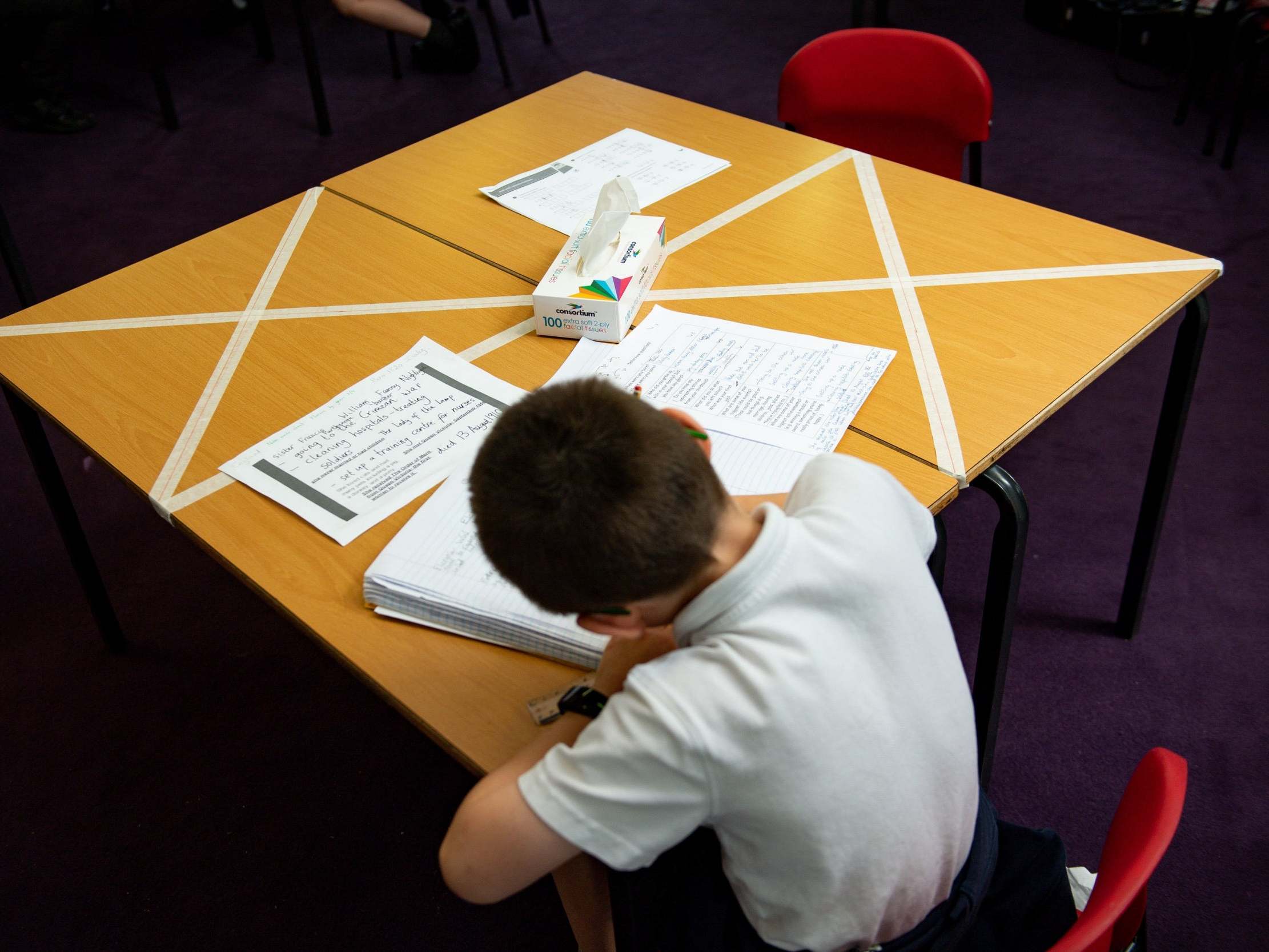
Head teachers fear many vulnerable children will never “come back” to school, with up to 8 million pupils set to be at home for six months, MPs have been told.
The children’s commissioner also warned that 700,000 children do not have a laptop or tablet for home learning – putting them at stark risk of falling behind their peers.
Anne Longfield said school leaders feared the numbers staying away will grow with “more distractions” in the summer months, with primaries set to stay shut for some year groups.
Download the new Independent Premium app
Sharing the full story, not just the headlines
“They stay up worrying if those children will ever come back, because the leap that will need to get them back in school will be so vast,” she told the Commons education committee.
Ms Longfield also warned ministers had only a “two-week window” to organise the summer schools she says are desperately needed to help struggling pupils catch up on missed learning.
“That’s a real urgent to-do list for everyone who has the power to make it happen,” she added.
The warning comes amid rising concern that the closure of schools because of coronavirus will widen the education gap between poor and rich pupils, where progress had already stalled.
A government-commissioned report by the Education Endowment Foundation suggested the poorest primary pupils, who are already nine months behind, could slip back a further three months.
In an interview on Sunday, Ms Longfield urged the education secretary, Gavin Williamson, to launch a summer school programme in England, but gave no indication that she had received a response.
The education committee was told such a programme had not been costed, but Ms Longfield added: “The risk of not doing that would be the deficit in learning for those children.”
Reception, year 1 and year 6 pupils began returning to schools this week, but a plan to get all primary children back for a month before the summer appears to have been dropped.
The latest news on Brexit, politics and beyond direct to your inbox
Schools have remained open since the pandemic broke for pupils judged vulnerable – but Ms Longfield said only 15 per cent have been attending, warning: “Attendance has been low.”
And she warned that more children would shun virtual lessons as their parents went back to work and as “other things became more interesting”.
“The shops will be open soon and kids could have spent two and a half months browsing Primark, but not been in school, so the other things that will actually be distractions will become more and more.
“Those who are disadvantaged, who maybe have negative experiences of school, will have more time away from it.”
David Laws, a former schools minister and head of the Education Policy Institute think tank, warned the education gap could grow to its widest in two decades.



